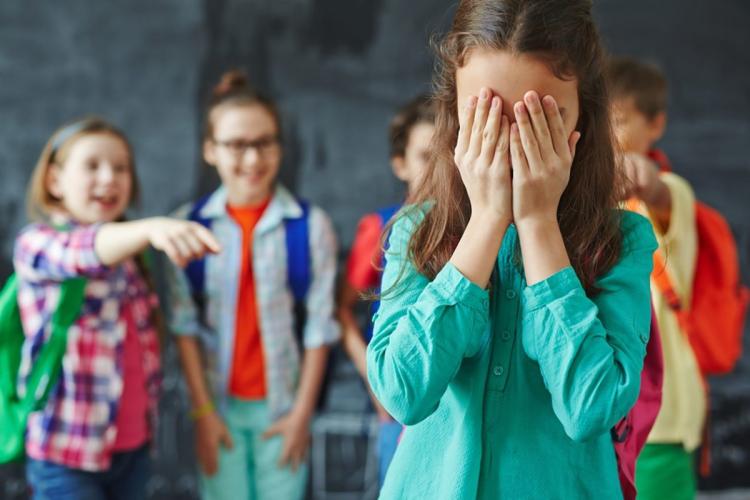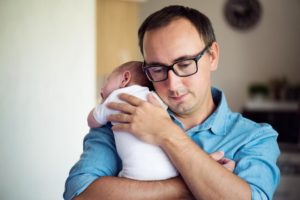Though there is no universal definition of childhood bullying, the term is often used to describe when a child repeatedly and deliberately says or does things that causes distress to another child, or when a child attempts to force another child to do something against their will by using threats, violence or intimidation.
The US Department of Health & Human Services (DHHS) quote studies that show the most common types of bullying are verbal and social:
- Name calling – 44.2% of cases
- Teasing – 43.3%
- Spreading rumors or lies – 36.3%
- Pushing or shoving – 32.4%
- Hitting, slapping or kicking – 29.2%
- Leaving out – 28.5%
- Threatening – 27.4%
- Stealing belongings – 27.3%
- Sexual comments or gestures – 23.7%
- Email or blogging – 9.9%
The health impact of bullying on children is complex. Research shows that persistent bullying can cause depression and anxiety and contribute to feelings of suicidal behavior.
The DHHS, however, says that media reports often “oversimplify” the relationship between suicide and bullying. Most young people who are bullied do not become suicidal, they state, and most young people who die by suicide have multiple risk factors, beyond bullying alone.
As well as the psychological impact of bullying, though, studies have shown that children who are bullied may also be prone to physical illness, not only during the period in which the bullying took place, but in later life.
For instance, recently Medical News Today reported on a study that found children who are bullied between the ages of 8 and 10 are more likely to experience sleepwalking, night terrors or nightmares at the age of 12.



